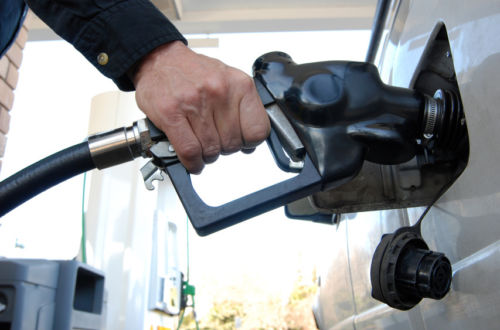Gas prices may have been lower than expected in recent years, but the overall prices will eventually go up, because abundant oil resources and reserves won’t last forever. Perhaps, soon we will feel the economic pinch again and it is important to be prepared, while we could still breathe a sigh of relief. At the moment, we should have the opportunity to consider a number of myths and dispel them. Here are a few things to consider:
- High octane fuel boosts the performance of our car: As a basic rule, if we hear knocking and pinging from the hood area, a gas with higher octane could eliminate them. However, it doesn’t have an effect on the overall horsepower. On some cars, higher octane gas could deliver better overall experience, but not added performance.
- Higher octane fuel offers better MPG: Because we won’t get additional horsepower from higher octane, there won’t be an effect on the gas mileage.
- Higher octane fuel produces less emissions and engine will run cleaner: Some advertising messages may mislead us and imply indirectly that it’s the case. In reality, octane value has no relation with how clean our engine would run.
- Higher octane fuel has better quality: It is still possible that higher octane fuel is dirtier and contains more pollutants due to improper production process and storage. Again, we could still get good results and performance with the lowest octane rating. Each time our engine starts to ping, we could move to the higher octane rating,
It is important to know what pinging is. It can be identified with rattling noises under the hood of our car. The noise is similar when our car is under extra loads, such as towing a large boat or climbing a hill. The noise happens when pre-ignition occurs. It means that the air fuel mixture ignites too soon in the compression chamber. Repeated pinging could cause engine damages and this condition should be addressed immediately. So what does higher octane fuel can do to our pinging car. Due to specific chemical properties and compositions, higher octane fuel has higher combustion points when under compression and this slows the burning process down. It means that the gasoline becomes less volatile and because ignition is delayed, the air-fuel mixture explodes at the right time inside the combustion chamber. Another option is to purchase the cheaper lower octane fuel and add the octane booster additive. We should make proper calculations, so the total costs of fuel and additives are lower than the higher octane fuel at the same amount.

